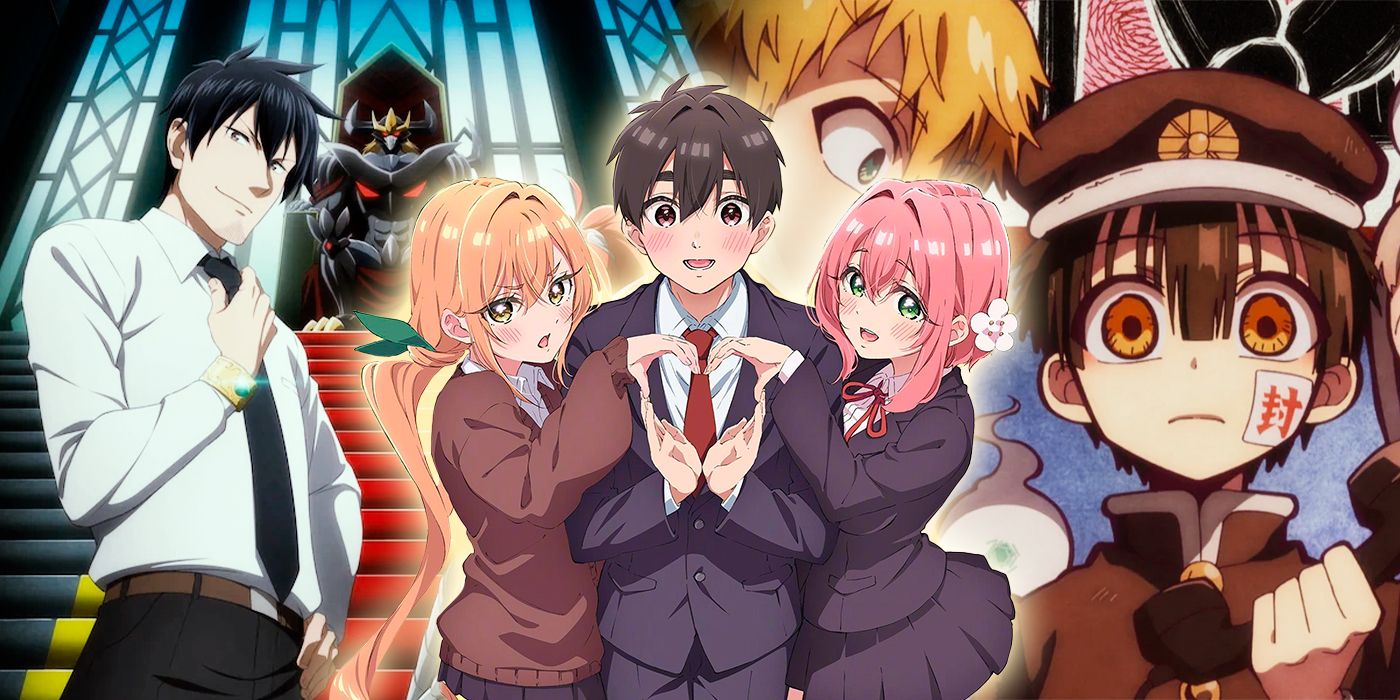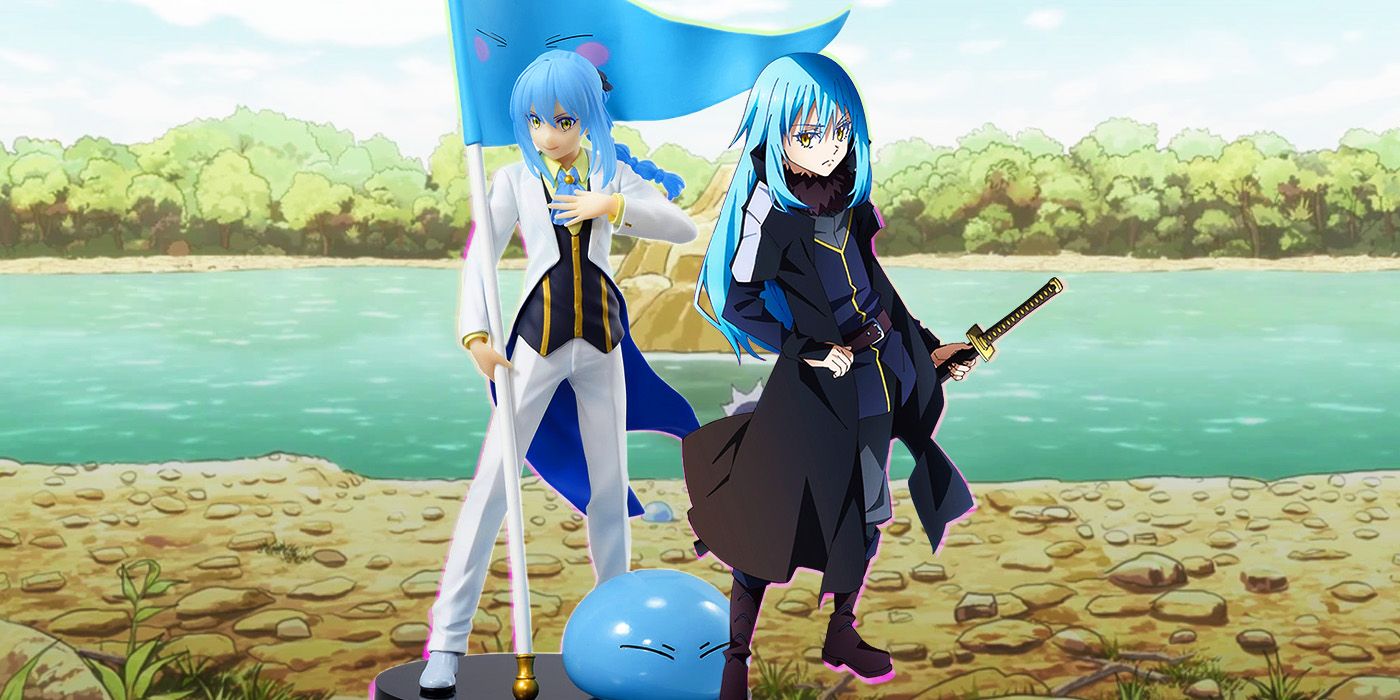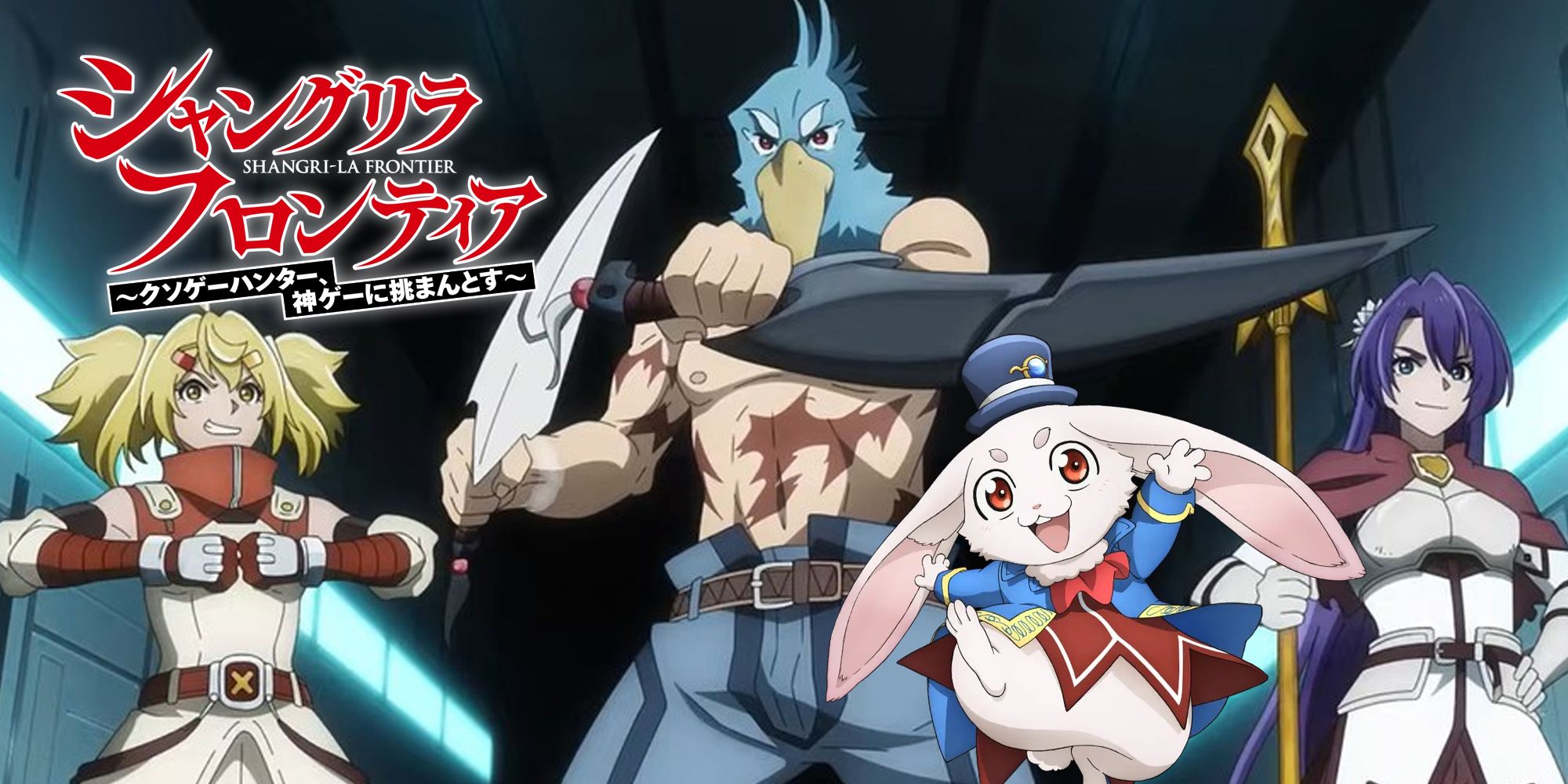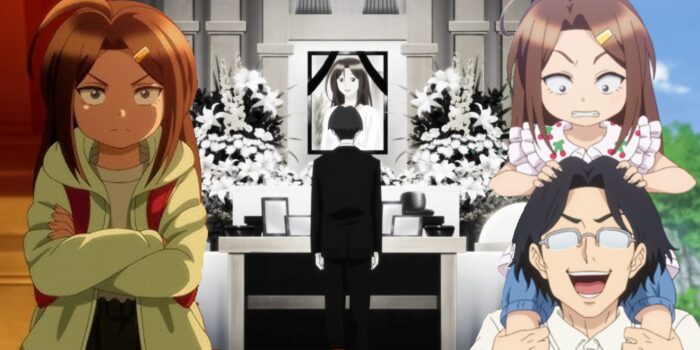Fall 2024 is seeing the release of several fantastic new anime, with these ranging widely in terms of scope and genre. Many are adaptations of manga or light novels, with some also being sequel seasons to shows that have already begun. One series is already set to be this season’s chief tearjerker, even if the title has some rather unfortunate implications.
Referred to by most fans as TsumaSho, Tsuma, Shōgakusei ni Naru has a title that literally translates as “My Wife Will Become an Elementary School Student.” Despite what the title seems to suggest, the show is nothing of the sort and is actually equal amounts of sweet and tragic. In fact, it deals with serious themes more than most mainstream anime do, making the potential controversy over its title all the more ironic.
This New 2024 Anime Has a Controversial Title
That Title Misrepresents the Series In More Ways Than One
As noted, the title of the new anime series, TsumaSho,translates as My Wife Willl Become an Elementary School Student, or worse, My Wife, the Elementary School Student. Obviously, this raises quite a few hairs, as it suggests that the series features an adult who’s married to a child. That’s not really the case, however, and the reality is a much more saddening yet uplifting narrative.
The protagonist is Keisuke Niijima, who, in spite of his somewhat bashful personality, found the love of his life years ago and built a happy home with her and their daughter. Sadly, this came to an end when she tragically died in a car accident, leaving both Keisuke and his daughter Mai heartbroken. Moving on but not really moving forward with their lives, things are turned upside down for the better when they meet Marika Shiraishi, an elementary school student who claims to be the reincarnated form of Keisuke’s wife Takae.

Related
Crunchyroll Heats Up Winter 2025 With New Isekai, Harem & More Anime Streaming Announcements
Crunchyroll unveils four new titles headed to the platform for its Winter 2025 lineup, including Toilet Bound Hanako-kun, 100 Girlfriends and more.
This explains why the series’ title involves a man’s wife supposedly being an elementary school student. Marika soon proves that she’s Takae reincarnated by noting things that only Takae would remember. Given a second chance to be with her family, she also takes this opportunity to help them move past their grief over her death and move forward with their lives. This includes nudging her husband to find a new love, namely because she’s now living as a little girl.
Mai is also pushed to find romance and enjoy her youth as she and her father both deal with the feelings they never really expressed after Takae’s death. TsumaSho is the farthest thing from a “lolicon” series possible, with Marika/Takae noting that Keisuke can’t refer to her as his wife anymore. Of course, many are reacting accordingly to what the title translates as, but underneath the contentious title, there’s a sweet and endearing storyl that deals with several interesting topics.
Is TsumaSho an Isekai?
Reincarnation Doesn’t Always Mean Isekai
The isekai genre of anime, manga and light novels is incredibly popular, with most anime shows in each season being either a new adaptation of an isekai story or a new season for an existing show. There’s no escaping the genre, which has now developed offshoots such as the “otome” subgenre and other adjacent types of stories. Even fantasy shows that aren’t really isekai anime still feel like isekai, which speaks to just how common these sorts of tropes and archetypes have become. Given that the new series involves reincarnation, some might wonder if TsumaSho counts as an isekai anime. Of course, this only brings about the varying definitions of the genre, which can change depending on who is asked.
Given that Takae/Maraki isn’t reborn in a different world, most would not consider TsumaSho to be an isekai series. Sure, she’s reincarnated, but she comes back to the same world she left. A point of comparison is the popular Sword Art Online franchise. Despite its success and association with the genre, Sword Art Online isn’t always considered an example of an isekai. For instance, Kirito and the other characters from Sword Art Online are sent to another world inside an online video game, but they aren’t killed and reincarnated in this world and, unlike most isekai, actually return to their homes. If this series’ place in the genre is questionable, it’s definitely hard to count TsumaSho as one. At the very least, however, it does feature someone who actually dies and is reincarnated, which arguably makes it a bit closer to most isekai than, say, Sword Art Online.

Related
Isekai Hit That Time I Got Reincarnated as a Slime Reveals New Bandai Merchandise Collection
A new Bandai merchandise release lets fans of That Time I Got Reincarnated as a Slime play the odds to win towels, lamps, exclusive figures and more.
There are none of the video game-inspired aspects seen in most isekai, with Maraki/Takae lacking a “HUD” that allows her to level up. Beyond the fact that she’s now alive as a young girl, the reincarnation aspect is definitely the least focused upon aspect in TsumaSho. Those expecting an uproarious reincarnation romp in the vein of most isekai shows should likely look elsewhere. At the same time, those who have become tired of isekai and who are looking for a show that’s both dramatic and a great slice of life series should definitely check out the oddly tragic new show.
TsumaSho Is One of 2024’s Deepest and Saddest Anime
When it comes to most of the popular and mainstream anime shows, particularly anime that are streaming on Crunchyroll, they’re typically action-driven and liked more for cool fights and epic conflicts than deep, well-developed characters. This isn’t always the case, with even some shonen shows having great casts with layered characterization. Still, it goes without saying that the isekai genre in particular is known more for being a power fantasy genre that was used to showcase how strong or “correct” the hero was amid the individuals who would rise up against them. This is part of why it’s now become so old hat in the eyes of certain viewers, with many of these shows telling essentially the same story ad nauseam. Thankfully, the new series TsumaSho is nothing like this, and the potential popularity that it might gain through its notorious name might help make shows of this nature a lot more mainstream and successful.
TsumaSho deals with trauma, grief and even abuse in ways that most anime don’t, with the series going against the grain in multiple ways. Not only is it a lot more sweet and wholesome than the translated title might suggest, but it’s also more than just a cute slice of life series. For one, there’s the fact that life very much stops for both Keisuke and Mai following the death of Takae, with neither of them really processing her death. Keisuke becomes more sullen and reserved, letting opportunities at work pass him by as he also becomes more standoffish to others. This includes Mai, who essentially loses two parents at once and simply goes through the motions in life. The new anime is a saddening look at how unprocessed grief can affect someone’s life, and even once Takae comes back in the form of Maraki, things aren’t instantly easier.

Related
The Best Isekai Anime of 2024 Is Finally Back!
Shangri-La Frontier wowed audiences throughout the 2023-2024 anime season. Its return marks a chance to solidify its already stellar reputation.
They have to essentially work around her schedule as a child so as to not arouse suspicions, and even then, the new experiences bring their own issues. For instance, when Mai sees her father with a potential new love interest (something that Maraki/Takae is actually fine with), she loses it. It’s part of her still coming to terms with her mother’s death, even if, at that point, she isn’t really dead anymore. Likewise, Maraki has an entirely new family, with the “young girl’s” mother being abusive and neglectful. This makes Maraki question if she should really try to reconnect with her old family, since, despite the abuse she suffers, she does love her new mother and doesn’t want to disrupt her life.
TsumaSho deals with all manner of topics often avoided in slice of life or romance anime, making it a stand-out among most Fall 2024 anime. This is ultimately what makes it a lot more than just a potentially offensive title, and given its lack of reluctance to discuss these heady themes, it’s actually one of the more important shows of the season. Even if it involves reincarnation to some extent, it’s the type of drama that older anime fans would appreciate.
TsumaSho is now streaming on Crunchyroll, with new episodes airing Sundays.





